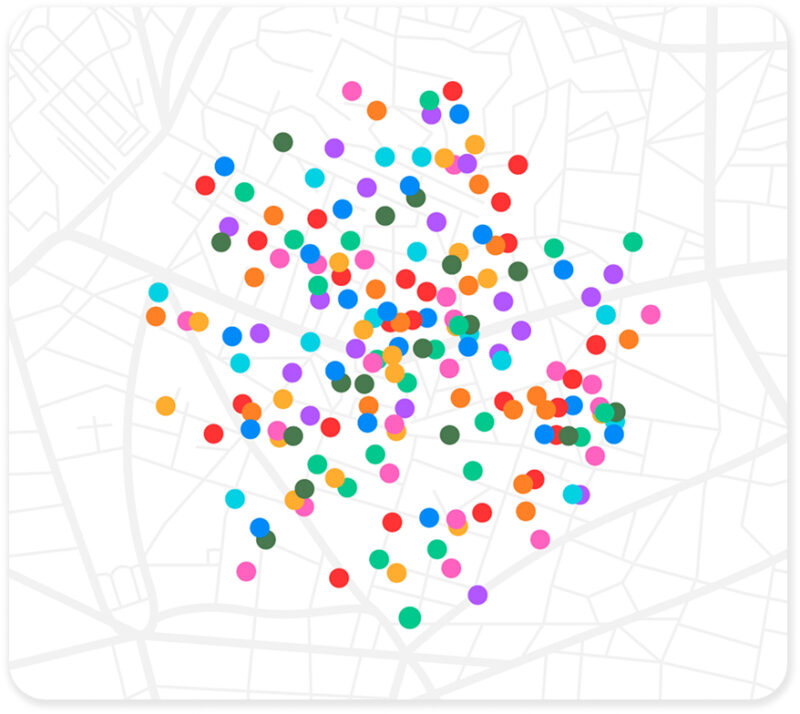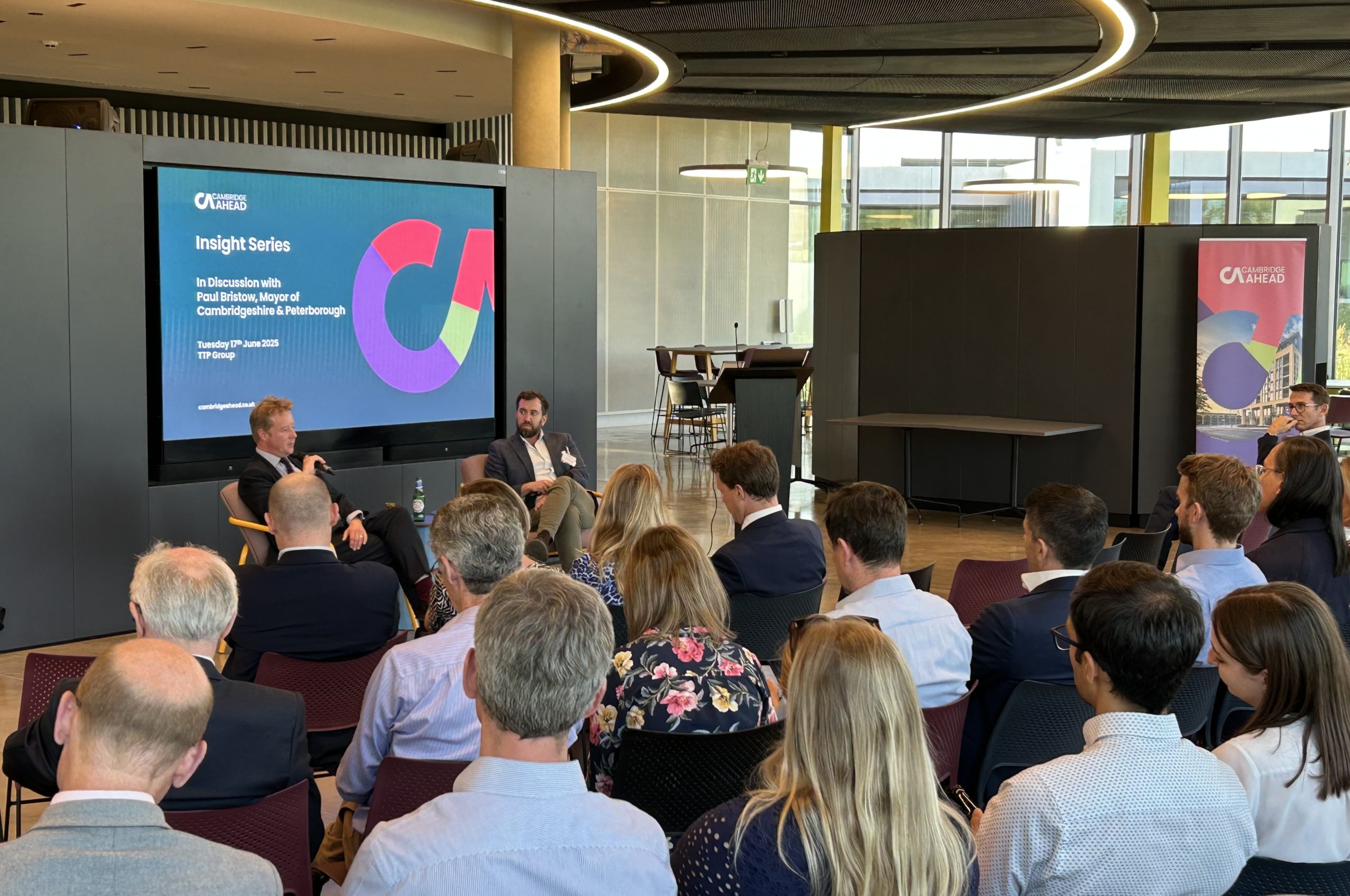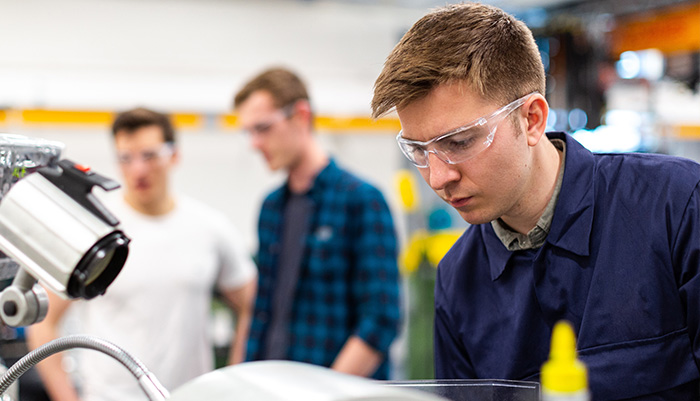Greater Cambridge City Deal is exploring the potential for a revolutionary public transport system to reduce congestion and support economic growth in and around Cambridge.
The City Deal, along with business and academic member group Cambridge Ahead, is supporting research to explore the opportunities for an “Advanced Very Rapid Transit” (AVRT) system for the Greater Cambridge area.
Preliminary findings suggest there is potential for AVRT, which would mean people could travel rapidly into, across and under the city in a matter of minutes.
The outcome of the research will help future proof on-going investments and find cost-effective solutions to the city’s transport issues, building on current and planned bus infrastructure.
Professor John Miles, an expert on transport systems at the University of Cambridge’s Department of Engineering, is the lead author of the feasibility study, which is exploring the practicability of a rapid mass transit system using segregated track with a mix of above ground and underground segregated routes with high speed driverless vehicles.
The study brings together technical and engineering expertise to provide an evidence-based view of the costs, technologies and the viability of such a system.
Councillor Francis Burkitt, Vice-Chair of the Greater Cambridge City Deal, said: “The City Deal and Cambridge Ahead have co-funded this feasibility study as part of on-going work to examine some radical transport options for Cambridge with the aspiration for something truly transformative for the Greater Cambridge area.
“We look forward to receiving the detailed findings from Professor Miles when the study is complete, which will help us to understand more about the impact that such a system could have on the future success of the city, and how it could be delivered.
“The City Deal is reviewing its plans post 2020 during 2017 and studies like this will inform choices on major investments, setting out radical but deliverable alternatives to car travel.”
The work is one of a several studies being undertaken as part of the Smart Cambridge programme using the latest innovative transport solutions, including smart ticketing and autonomous vehicles.
The findings of the completed feasibility study are expected to be published by Professor Miles later in the spring. As with all leading edge technology, it requires extensive testing and trialling to find the optimum solution, and this first stage investigation will test the viability of the proposition.




